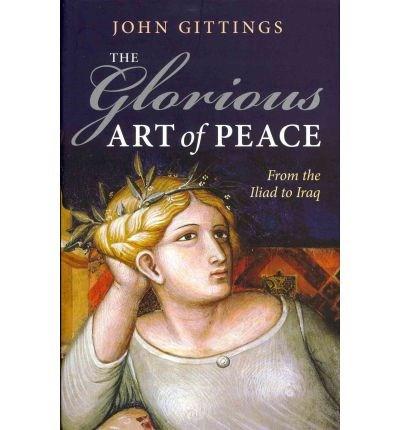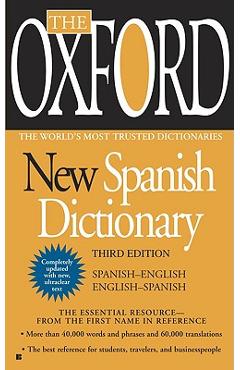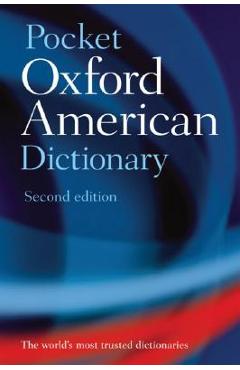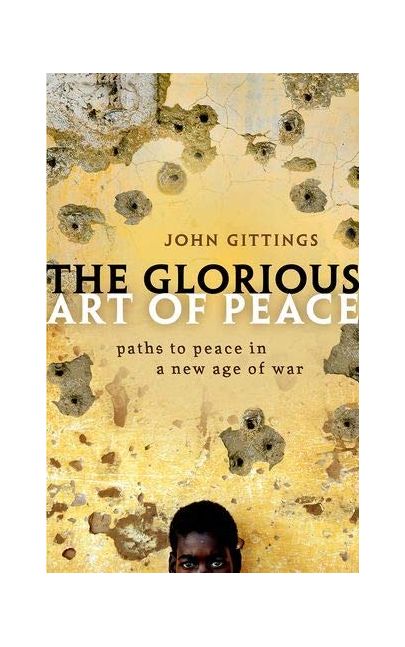The Glorious Art of Peace: From the Iliad to Iraq |

Detalii The Glorious Art of Peace:
carturesti.ro
124 Lei
Carte straina
Oxford University Press
The Glorious Art of Peace: - Disponibil la carturesti.ro
Pe YEO găsești The Glorious Art of Peace: de la Oxford University Press, în categoria Carte straina.
Indiferent de nevoile tale, The Glorious Art of Peace: From the Iliad to Iraq | din categoria Carte straina îți poate aduce un echilibru perfect între calitate și preț, cu avantaje practice și moderne.
Caracteristici și Avantaje ale produsului The Glorious Art of Peace:
- Departament: gaming-carti-birotica
- Ideal pentru pasionații de jocuri, birotică și distracție online.
Preț: 124 Lei
Caracteristicile produsului The Glorious Art of Peace:
- Brand: Oxford University Press
- Categoria: Carte straina
- Magazin: carturesti.ro
- Ultima actualizare: 27-10-2025 01:24:43
Comandă The Glorious Art of Peace: Online, Simplu și Rapid
Prin intermediul platformei YEO, poți comanda The Glorious Art of Peace: de la carturesti.ro rapid și în siguranță. Bucură-te de o experiență de cumpărături online optimizată și descoperă cele mai bune oferte actualizate constant.
Descriere magazin:
Human progress and prosperity depend on a peaceful environment, and most people have always sought to live in peace, yet our perception of the past is dominated too often by a narrative that is obsessed with war. In this ground breaking study, former Guardian journalist John Gittings demolishes the myth that peace is dull and that war is in our genes, and opens an alternative window on history to show the strength of the case for peace which has been argued from ancient times onwards. Beginning with a new analysis of the treatment of peace in Homer\'s Iliad, he explores the powerful arguments against war made by classical Chinese and Greek thinkers, and by the early Christians. Gittings urges us to pay more attention to Erasmus on the Art of Peace, and less to Machiavelli on the Art of War. The significant shift in Shakespeare\'s later plays towards a more peace-oriented view is also explored. Gittings traces the growth of the international movement for peace from the Enlightenment to the present day, and assesses the inspirational role of Tolstoy and Gandhi in advocating non-violence. Bringing the story into the twentieth century, he shows how the League of Nations in spite of its "failure" led to high hopes for a stronger United Nations, but that real chances for peace were missed in the early years of the cold war. And today, as we approach the centenary of the First World War, Gittings argues that, instead of being obsessed by a new war on terror, we should be focusing our energies on seeking peaceful solutions to the challenges of nuclear proliferation, conflict and extremism, poverty and inequality, and climate change.

Produse asemănătoare

Railway Journeys in Art Volume 7: The Glorious South-West, Hardback/Richard Furness
![]() elefant.ro
elefant.ro
Actualizat in 27/10/2025
281.99 Lei
Produse marca Oxford University Press

The Oxford New Desk Dictionary and Thesaurus - Oxford University Press
![]() libris.ro
libris.ro
Actualizat in 28/10/2025
55.75 Lei

The Oxford New Spanish Dictionary: Third Edition - Oxford University Press
![]() libris.ro
libris.ro
Actualizat in 28/10/2025
50.17 Lei

Pocket Oxford American Dictionary - Oxford University Press
![]() libris.ro
libris.ro
Actualizat in 28/10/2025
77.84 Lei

The Oxford New Portuguese Dictionary: Portuguese-English, English-Portuguese - Oxford University Press
![]() libris.ro
libris.ro
Actualizat in 28/10/2025
50.17 Lei

Oxford American Large Print Dictionary - Oxford University Press
![]() libris.ro
libris.ro
Actualizat in 28/10/2025
150.38 Lei

Catholic Bible-RSV-Large Print - Oxford University Press
![]() libris.ro
libris.ro
Actualizat in 28/10/2025
318.06 Lei
